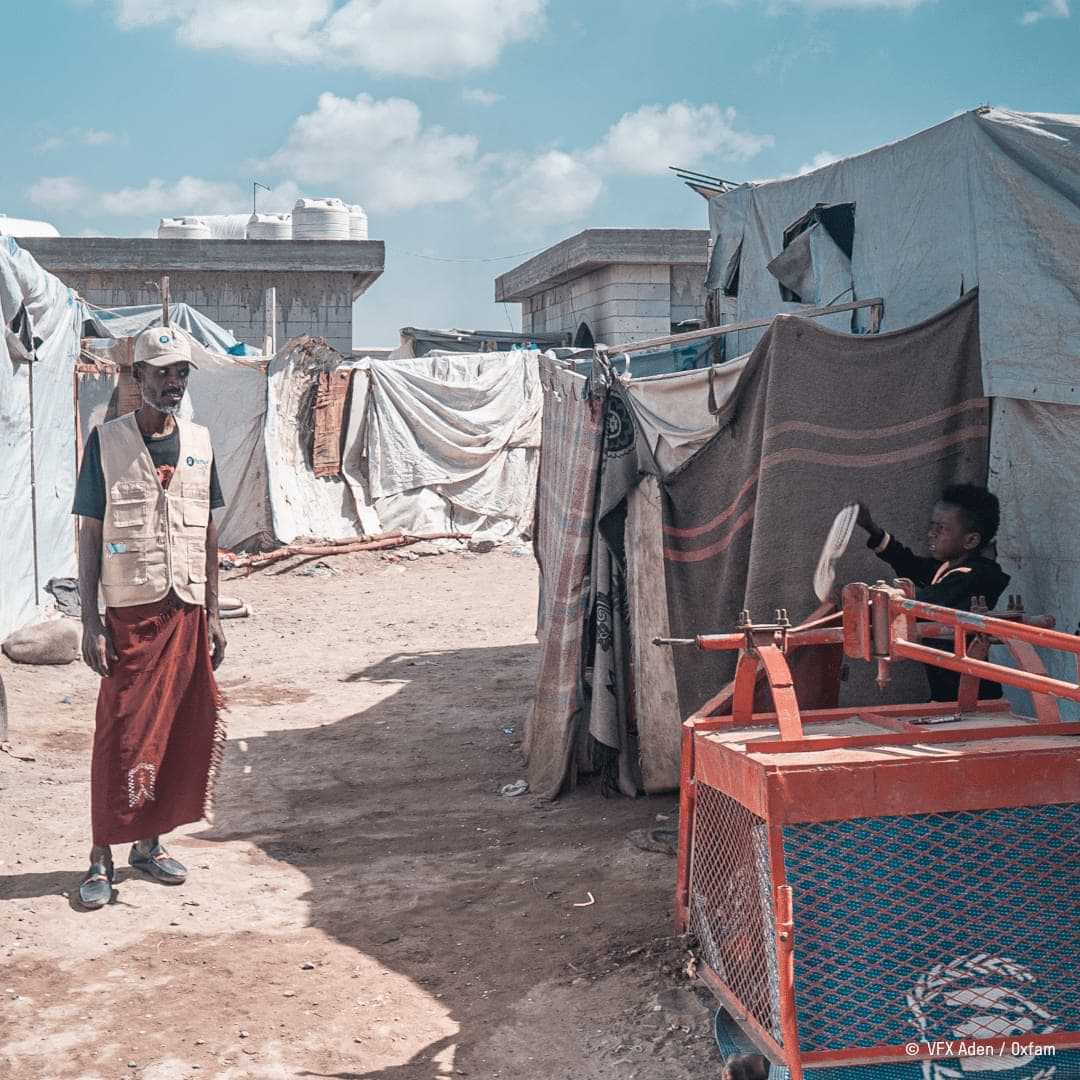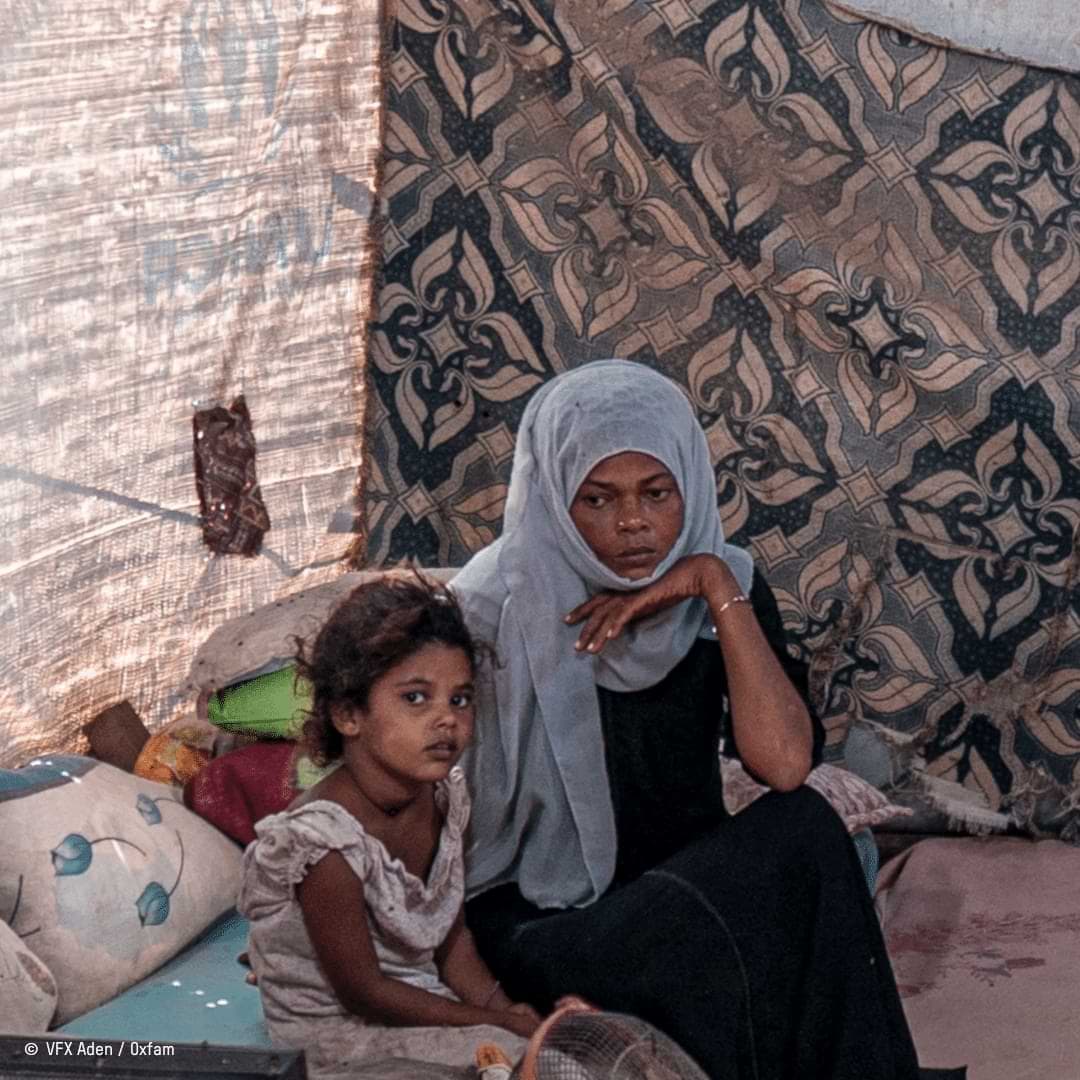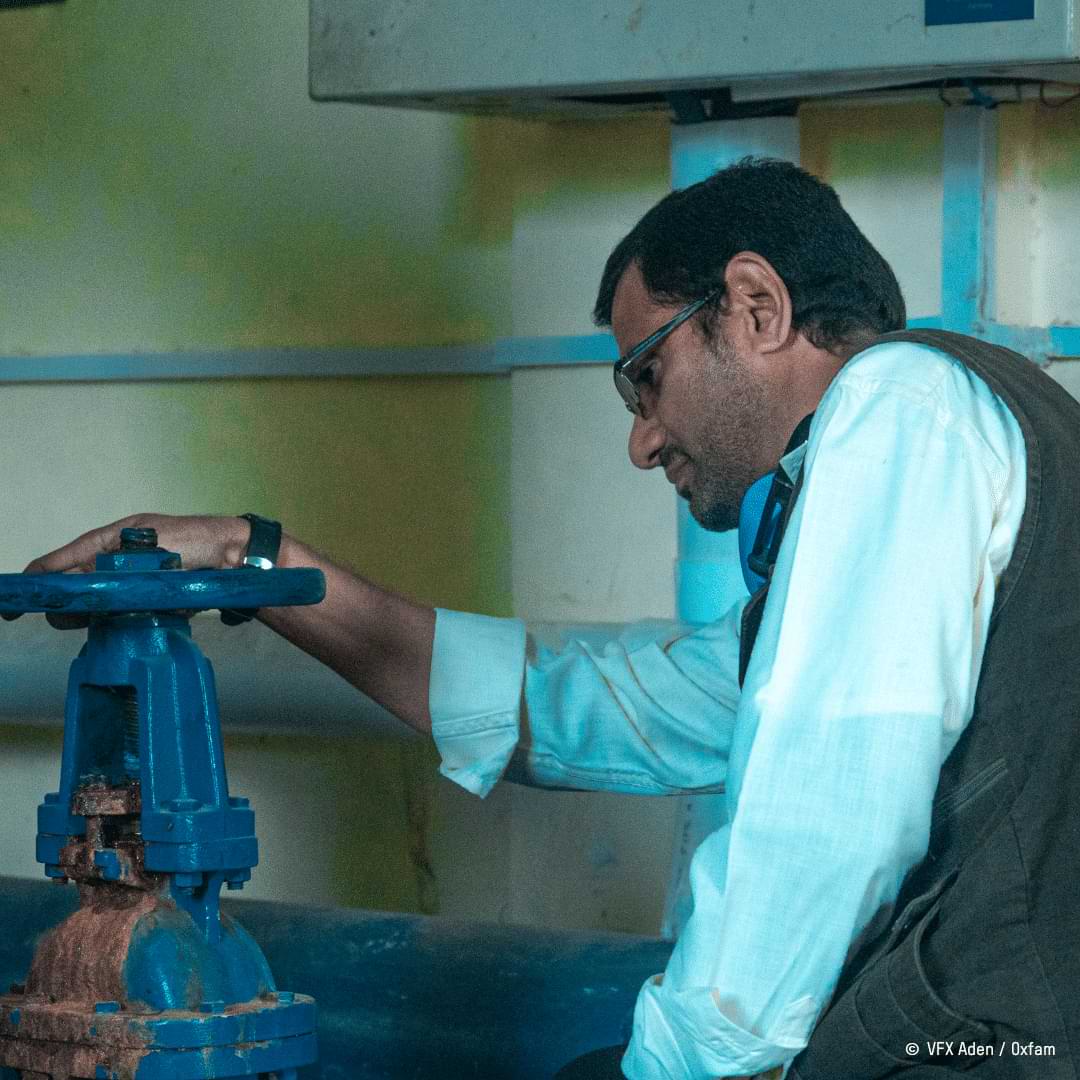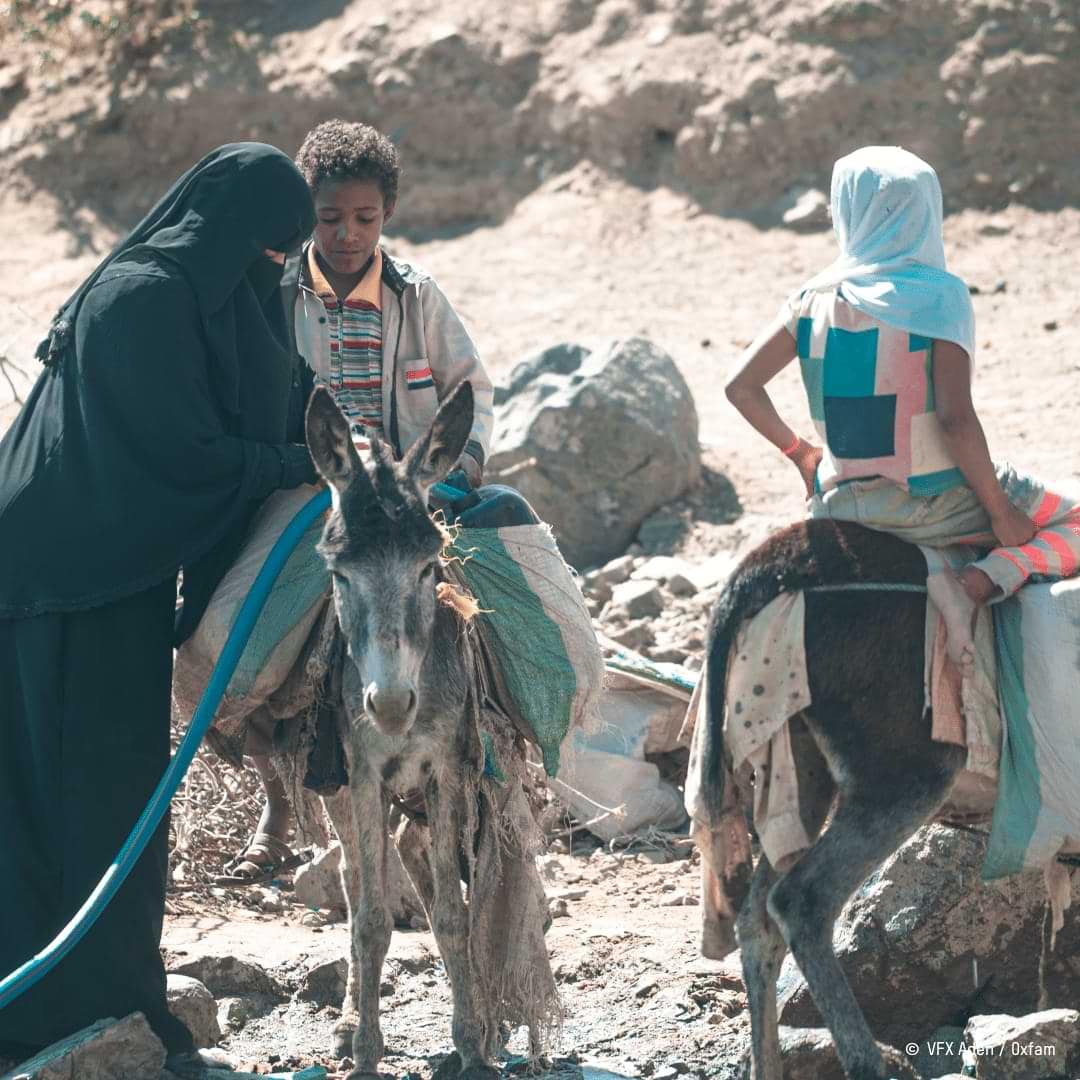YEMEN: Famine threatens millions
Yemen is experiencing what the United Nations has called «the world’s largest humanitarian disater». This crisis is the result of a armed conflict which intensified in 2015. Due to hostilities, the population cannot respond to its basic needs and fight in particular against famine. Oxfam teams are on the field to support communities.
Over 20 million Yemenis in need of humanitarian aid (OCHA)
Over 16 million Yemenis will go hungry in 2021 (OCHA)
4 million people have had to flee their homes since 2015 (UNHCR)
Make a donation
The world’s largest humanitarian disasteer
Since 2015, airstrikes and fighting have driven more than 4 million people from their homes and killed more than 12,000 civilian victims.
In this country which will become the poorest in the world if the conflict continues, 80% of the population lives below the poverty line. Almost two in five families are forced into debt to buy bread, rice, flour or medicine. And more than 16 million people will go hungry this year if humanitarian aid is insufficient.
Yemen is also grappling with COVID-19 and diseases linked to unsanitary water – such as cholera and dengue. Due to preventable diseases, a child dies every 10 minutes in Yemen, where only half of the health centers are active. Water pipes and hospitals are destroyed in bombings, not to mention the shortage of medicines.
Make a donation
A country devastated by a civil war that has become internationalized
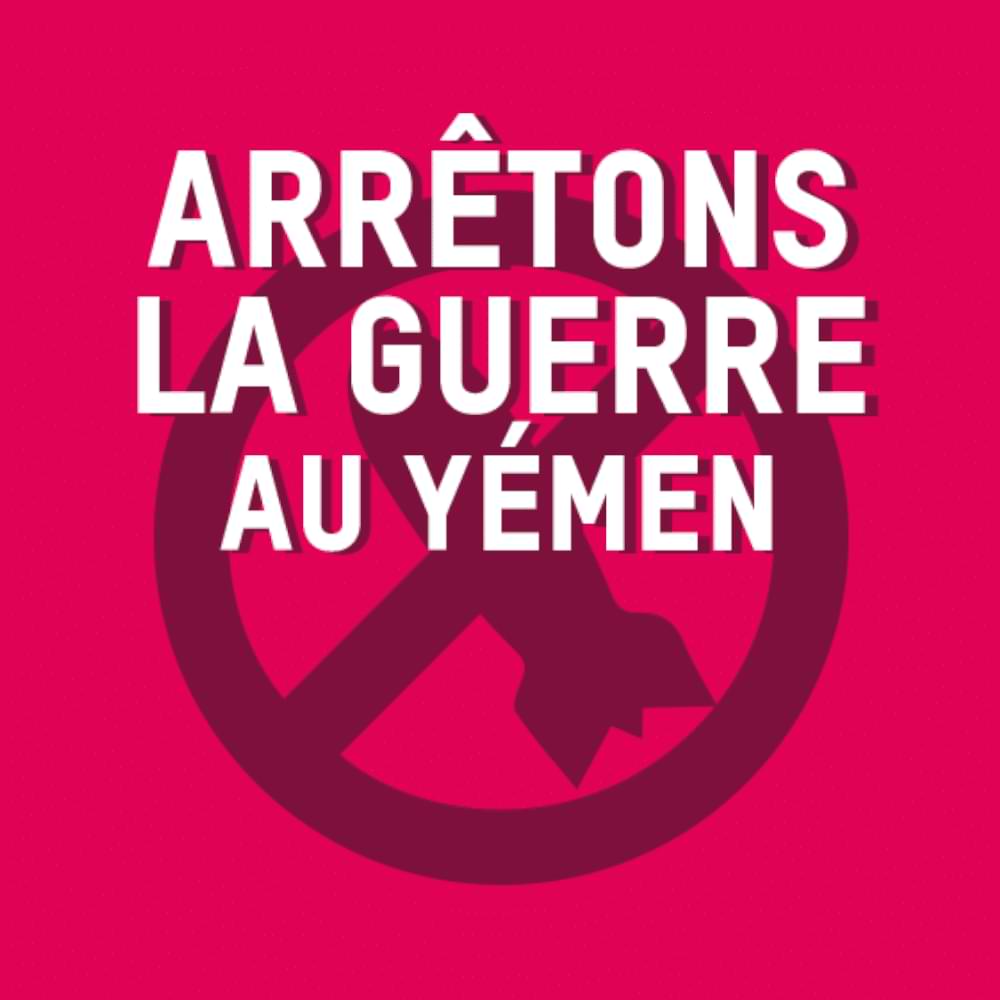
Despite the situation and repeated calls by the United Nations for a ceasefire in Yemen, the G20 countries continue to provide military equipment to the parties involved. This is why Oxfam-Quebec has launched a petition asking Canada, a member of the G20, to lead by example and stop participating indirectly in the conflict by selling arms.
“Millions of Yemenis are teetering on the precipice. COVID-19, cholera and escalating conflict threaten to push them.”
— Muhsin Siddiquey, Executive Director of Oxfam in Yemen.
Sign the petition
Oxfam supports people in Yemen
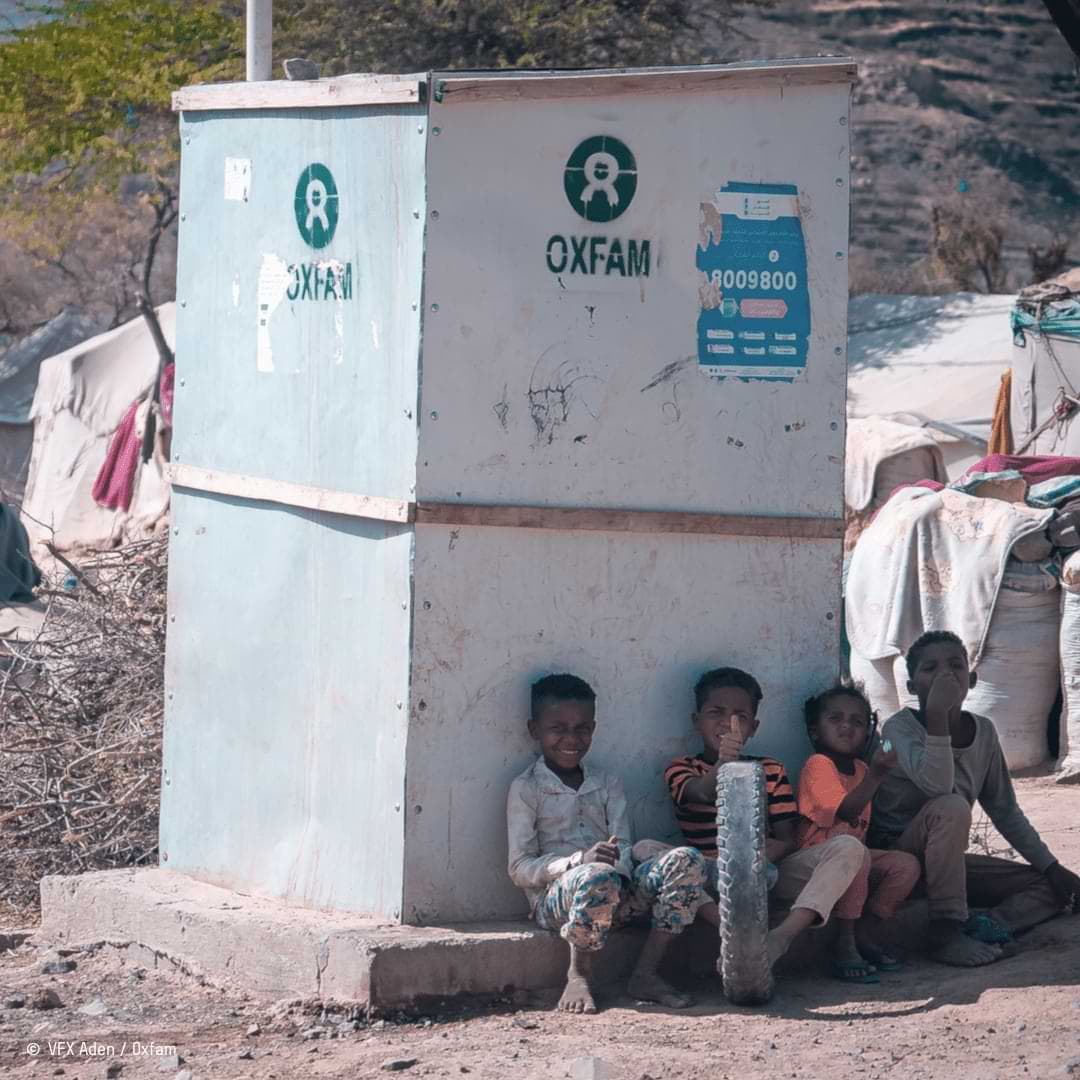
Hygiene installations and kits equip the population living in the Jabal Zaid camp, located in At Turbah in Yemen.
Photo : VFX Aden / Oxfam.
While millions of Yemenis lack access to safe water and experience a severe food crisis, Oxfam has helped more than 3 million people since 2015 by providing clean water, sanitation, food vouchers and cash assistance.
To prevent the spread of COVID-19 and cholera, we are distributing, among other things, hygiene kits and water filters. We are training volunteers to spread awareness of hygiene measures throughout Yemen. We are also working with our partners to ensure that the voices of women and young people are heard in the peace process.
Oxfam supports populations in particular by:
- Provide safe drinking water and sanitation services, including in hard-to-reach areas to prevent the spread of disease
- Distributing cash and vouchers to enable Yemenis to buy the food they need to survive
- Supporting local partner organizations that distribute emergency food aid and support vulnerable people in producing their own food.
Make a donation
The journey of survivors
An act that changes lives
By acting together, we can continue to improve the daily lives of many people in emergency situations. You can change lives by supporting Oxfam’s activities in Yemen.
25 $
I offer a water filter for a whole family
65 $
I offer meals to a family for a week
250 $
I offer 10 survival kits
Make a donation

